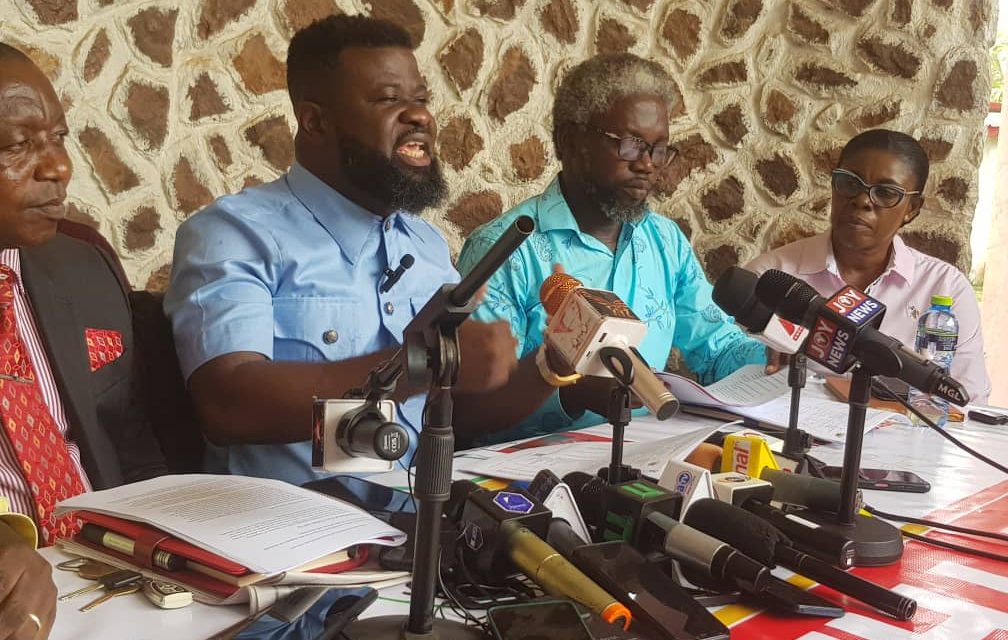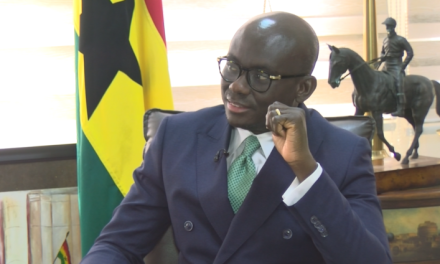
GNAAP Announces Textbook Price Hike, Returns To Cash & Carry System2 min read

The Ghana National Association Of Authors and Publishers (GNAAP) has issued a statement declaring an increase in textbook prices, effective September 2024.
This comes alongside a shift back to the cash and carry system for wholesale textbook purchases.
Speaking at a press conference held at the Cultural Center in Kumasi, John Akwasi Amponsah, President of GNAAP, outlined the new pricing structure.

“From September 2024, preschool textbooks will be priced between Ghc 50 and 60, while textbooks for Primary 1-6 will range from Ghc 60 to Ghc 80. For Junior High School (JHS) to Senior High School (SHS) levels, textbook prices will vary from Ghc 80 to Ghc180”, he announced.
Mr Akwasi Amponsah cited challenging macroeconomic factors such as high inflation, interest rates, and exchange rates as drivers behind the decision, emphasizing the need for urgent action to safeguard the industry from collapse.
He highlighted the dual principles governing the book industry—local and foreign—and explained the process of producing high-quality books locally, copyrighted under Ghanaian names, and printed abroad to leverage agreements such as the Florence Agreement of 1950, aimed at reducing sales costs to ensure affordable education for all Ghanaians.

However, Mr Akwasi Amponsah expressed concern over current governmental measures indirectly impacting the industry, leading to inflated costs at the port due to various levies and fees, including ECOWAS levy, network charge, Ghana Shippers Authority fee, NHIL fee, COVID-19 levy, and AU fee.
He lamented that clearing a 140-foot container at the port now costs Ghc 290,000, a far cry from what the Florence Agreement stipulates.
In a plea to the government, Mr Akwasi Amponsah urged the removal of the newly introduced 27.5% VAT on books before September 2024 to prevent the collapse of the book industry.
He stated that GNAAP has made a significant impact on the lives of numerous Ghanaians, emphasizing that no one can claim to have acquired a substantial amount of knowledge from early childhood to university without engaging with a book.
“No country can boast of achieving its socio economic development goals without strengthening the design, printing and production of books.We have over the years inspire economic growth, provide different means for descent livelihoods, providing medium of preservation for national culture and value and providing the potentials for commodity export,” the GNAAP President said.


















